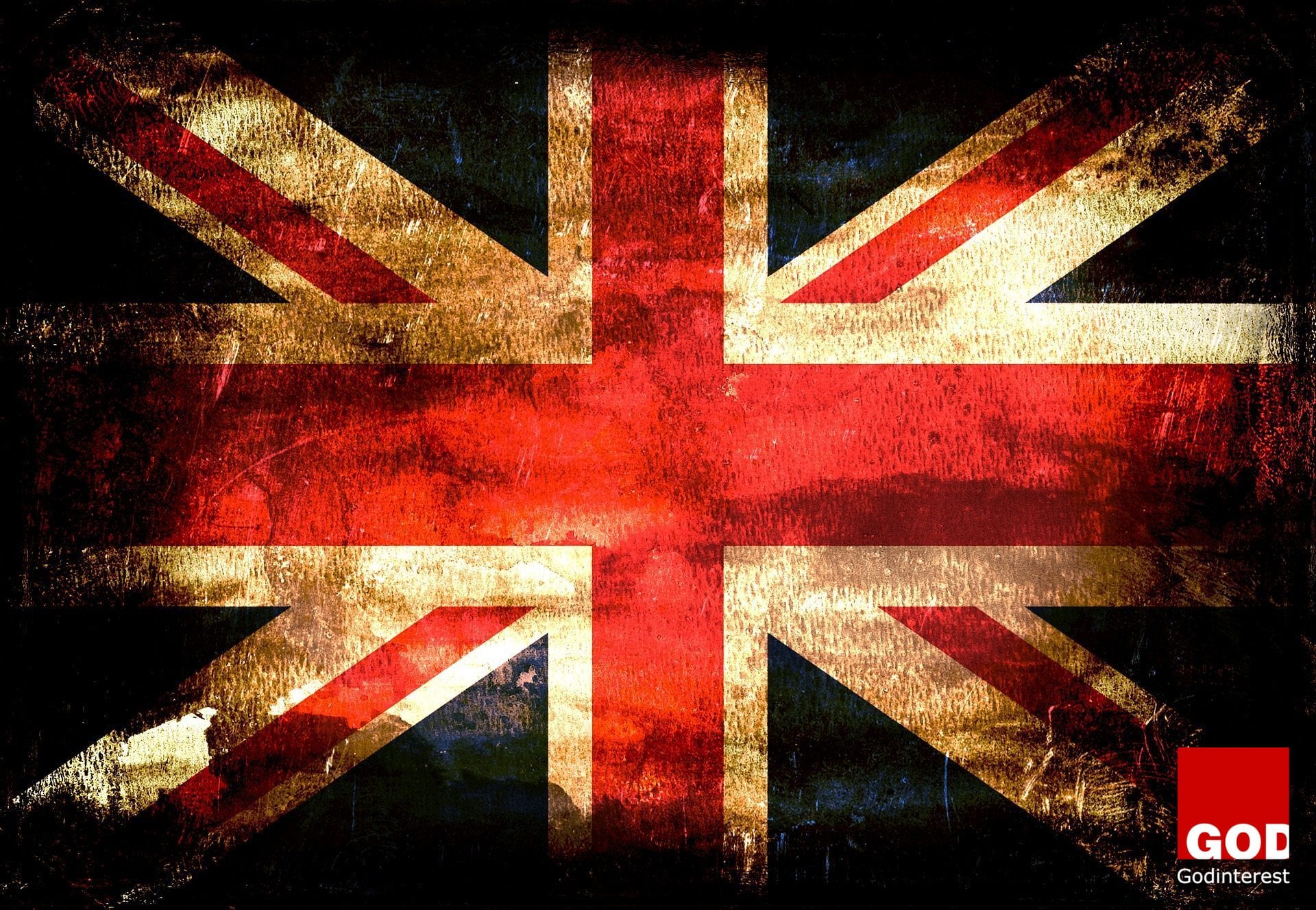LONDON — Nearly two years ago, the “Commission on Religion and Belief in British Public Life” published a report on the role of religion in society. The paper made it clear that Britain is no longer a Christian country in any meaningful sense and should be systematically de-Christianized due to the decline of church-going and the rise of Islam and other beliefs.
Britain Is No Longer A Christian Country
The commission has attracted particular controversy because of the authority of those behind it. Patrons include Rowan Williams, the former Archbishop of Canterbury; Lord Woolf, the former chief justice; and Sir Iqbal Sacranie, the former general secretary of the Muslim Council of Britain.
“Britain is no longer a Christian country and should stop acting as if it is, a major inquiry into the place of religion in modern society concluded in 2015, provoking a furious backlash from ministers and the Church of England.”
The report triggered a argument as it was condemned by cabinet ministers as “seriously misguided,” while the Church of England said it appeared to have been “hijacked” by humanists.
Remarkably, the overall decline of religion in Britain has coincided with the arrival of three million migrants who tend to have more religious belief than British Christians. In particular, the visual impact of Islam, most obviously expressed in the proposal for a 9,000-capacity ‘super-mosque’ in east London that was rejected by planners about 18 months ago, might give the impression that migration has brought a religious revival to Britain.
You Can’t Throw the Baby Out With the Bathwater
Inevitably, the question of what is to be done about our national Christian institutions will soon arise. Is it appropriate that we are still invited to swear on the Bible in court?
Down The Inquiry Rabbit Hole
The Commission on Religion and Belief in Public Life document said that faith schools are “socially divisive” and the selection of children on the basis of their beliefs should be phased out. The report claimed that the number of Church of England bishops in the Lords should be replaced with imams, rabbis and other non-other non-Christian clerics as well as evangelical pastors. The report also backde moves to cut the number of Church of England bishops in the Lords and give places to imams, rabbis and other non-other non-Christian clerics as well as evangelical pastors. It also recommended that the coronation service for the monarch ought to be overhauled to include other faiths and that thought for the Day on BBC Radio 4’s should include non-religious messages. And it recommended new protections for women in Sharia courts and other religious tribunals — including a call for the government to consider requiring couples who have a non-legally binding religious marriage also to have a civil registration. Most controversially, perhaps, the report also called for a rethink of anti-terror policy, including allowing students to voice radical views on campus without fear of being reported to the security services.
Some will find this sad, others as a sign of progress, but the greater majority will view it with indifference.
Educating The Public
Given all that, why do Christians in the country have so much political and educational power?
“England has an established Church. Its bishops sit in the House of Lords. The Queen is both head of state and also supreme governor of the Church of England. One of the monarch’s titles is Defender of the Faith.”
Because of this, Work and Pensions Secretary Iain Duncan Smith has told the Daily Telegraph that claims the UK was not a Christian country ignored “both historical and constitutional reality”, its not fact. The Bible features heavily in the architecture and decoration of the Houses of Parliament, paying silent tribute to its significance in English jurisprudence. Most British law is ultimately derived from the codes of law within the Bible, of which the Ten Commandments is pre-eminent.
“The Equality of All People Before The Law is Another of The Bibles Legacies.”
In short the social institutions and safeguards, as well as many of the benefits people take for granted, were supported by the understanding of human life which was found within the Bible. In this sense, the foundations of Britain’s culture and society can truly be said to be biblical.
The report is dominated by the old-fashioned view that traditional religion is declining in importance and that non-adherence to a religion is the same as humanism or secularism.
Today, as people are facing ever more clearly the perceived threats of global war, the Bible, with its vision of man’s position within creation and responsibility under God to care properly for it, still has a major contribution to make to the future of all humankind.



